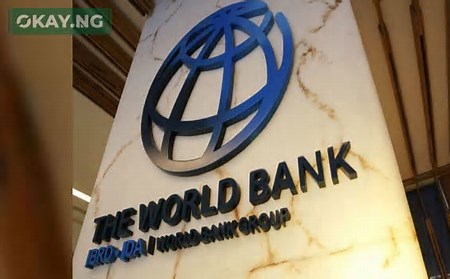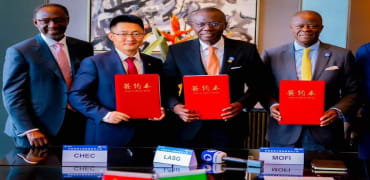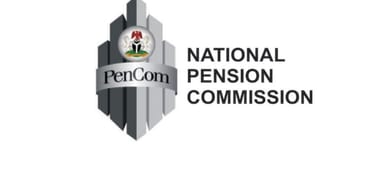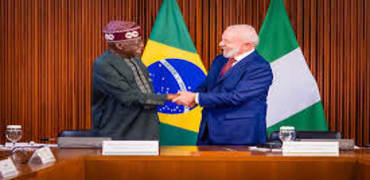World Bank Pumps Over $1 Billion into Nigeria
World Bank Pumps Over $1 Billion into Nigeria
By Achimi Muktar
In a major financial boost that could reshape Nigeria’s future, the World Bank has approved a staggering $1.08 billion in concessional financing to drive key reforms in education, nutrition, and community resilience. The funds, spread across three major programs, aim to uplift millions of Nigerians by strengthening foundational education, providing nutrition for vulnerable groups, and expanding economic opportunities for struggling households.
The approved funding includes:
$500 million for HOPE-EDU – A nationwide effort to improve basic education.
$500 million for NG-CARES – An initiative supporting livelihoods and community resilience.
$80 million for ANRIN 2.0 – A program aimed at tackling malnutrition among women and children.
A New Dawn for Nigeria’s Education System?
The HOPE-EDU initiative promises a massive transformation in Nigeria’s basic education sector. Designed to strengthen literacy and numeracy skills, it directly supports 29 million children, 500,000 teachers, and over 65,000 schools. It will also help reduce overcrowding in schools and decentralize education funding.
The program aligns with Nigeria’s Universal Basic Education agenda and has already secured an additional $52.18 million from the Global Partnership for Education Fund. The World Bank believes this will drive bold reforms and equip Nigeria’s youth with skills essential for long-term economic growth.
Fighting Hunger: A Lifeline for Malnourished Mothers and Children
Nigeria’s battle against malnutrition gets a boost with ANRIN 2.0, a program focusing on improving maternal and child nutrition. With over 13 million children already benefiting from the first phase, this next round of funding will ensure that pregnant women, lactating mothers, adolescent girls, and children under five receive critical nutrition services.
The initiative is part of Nigeria’s broader Multisectoral Plan of Action for Food and Nutrition, which tackles food insecurity and dietary diversity. The goal? To increase access to micronutrient-rich foods and improve feeding practices for millions of vulnerable Nigerians.
Building Resilient Communities Amid Economic Challenges
Originally designed as a post-COVID-19 intervention, NG-CARES has evolved into a critical safety net program supporting the nation’s poorest citizens. So far, it has helped 15 million Nigerians through social grants, job creation, and economic stimulus programs. The additional $500 million will further expand these efforts, providing financial aid to micro and small businesses, supporting local agriculture, and boosting food security.
As Nigeria grapples with economic uncertainties following the 2023 fuel subsidy removal and forex unification, this funding is expected to cushion the blow for low-income communities, ensuring they have the necessary resources to survive and thrive.
A Game-Changer for Nigeria’s Future?
Speaking on the funding approval, World Bank Country Director for Nigeria, Dr. Ndiamé Diop, emphasized the significance of human capital investment.
“These programs will accelerate education quality and provide crucial support for vulnerable citizens. HOPE-EDU will drive better education outcomes, ANRIN will enhance access to nutrition services, and NG-CARES will build lasting economic resilience,” he said.
With over $1 billion now set to flow into Nigeria’s education, nutrition, and resilience sectors, the question remains: Will these programs deliver the transformation Nigerians desperately need?


















